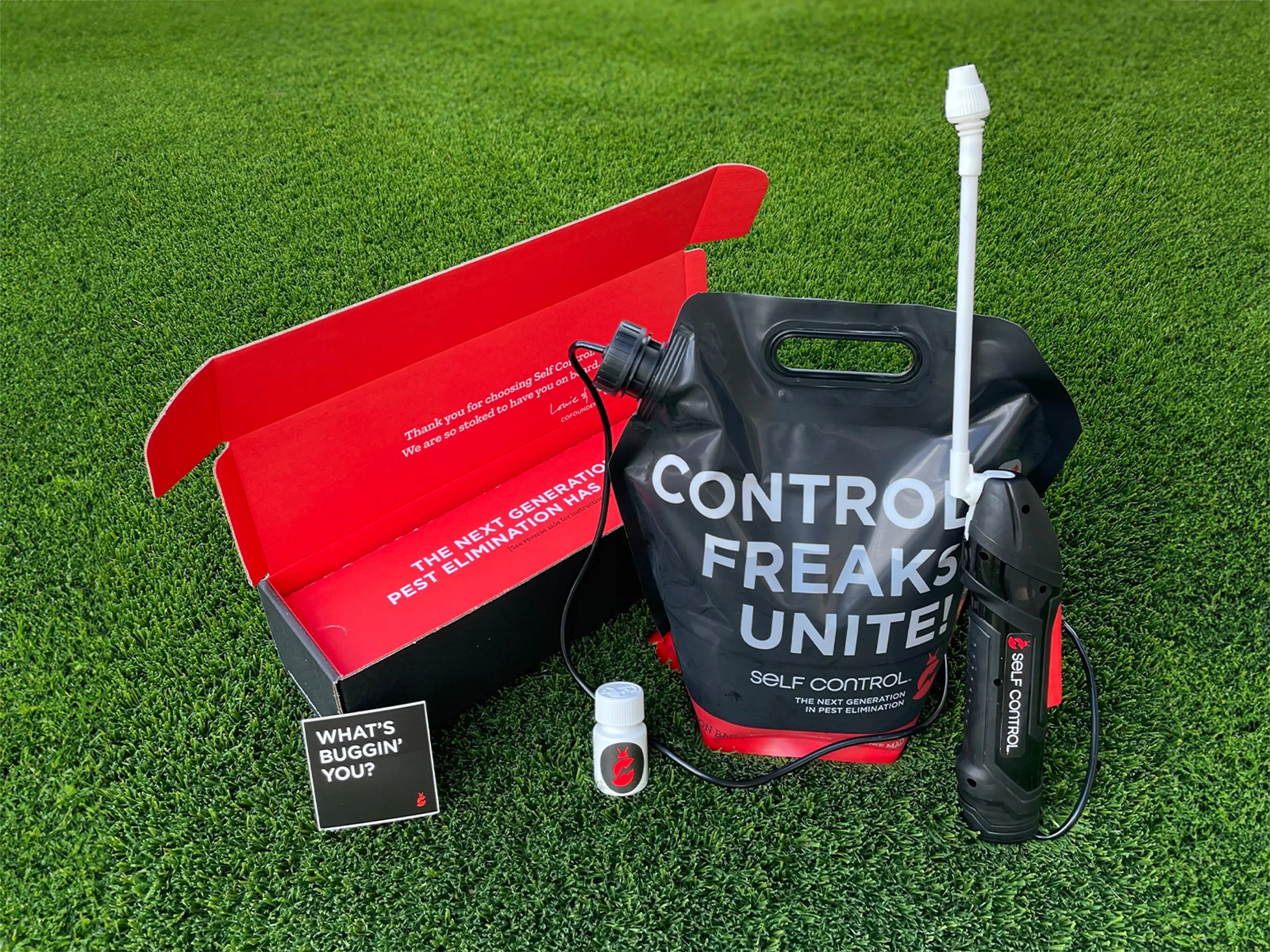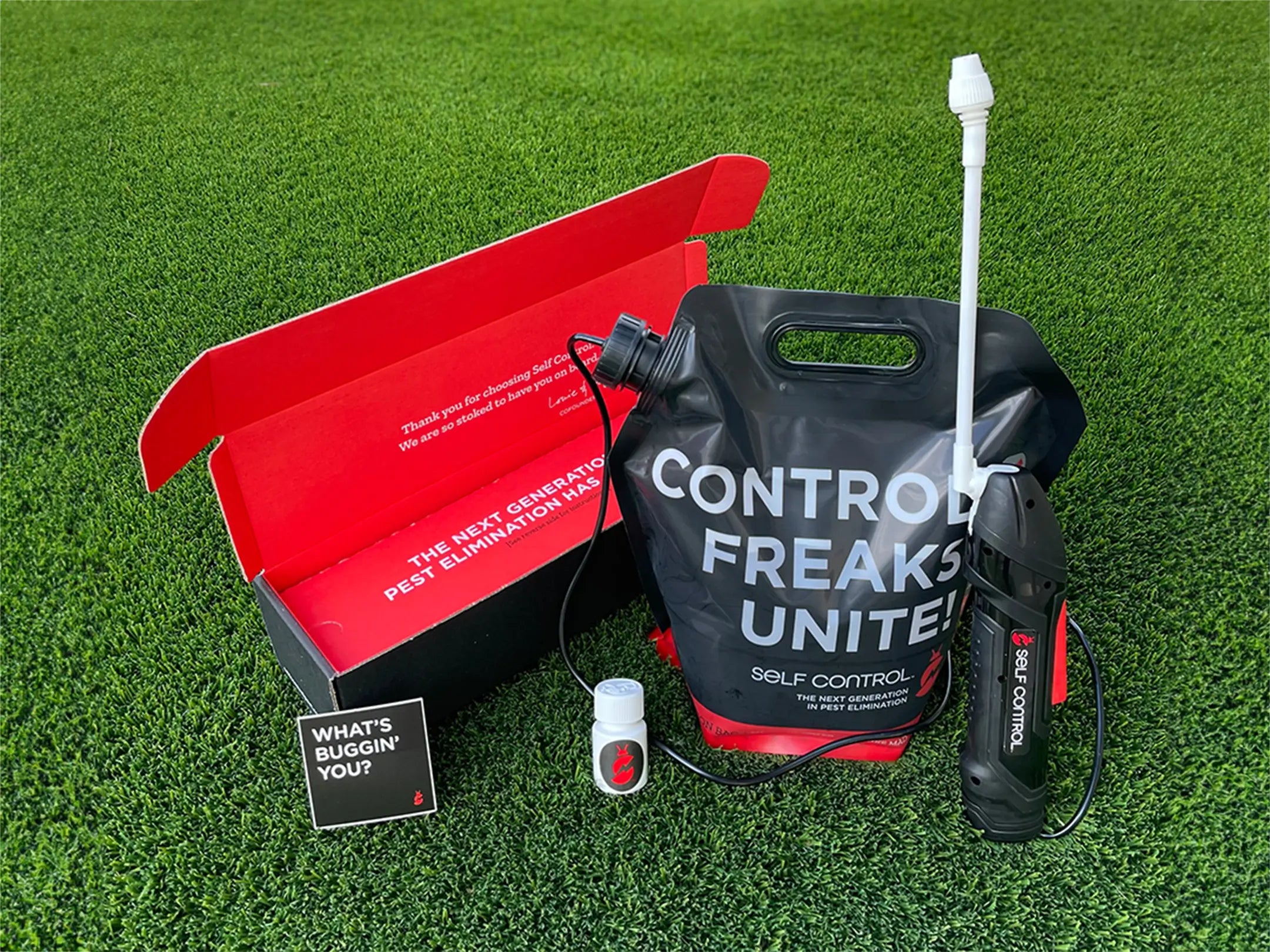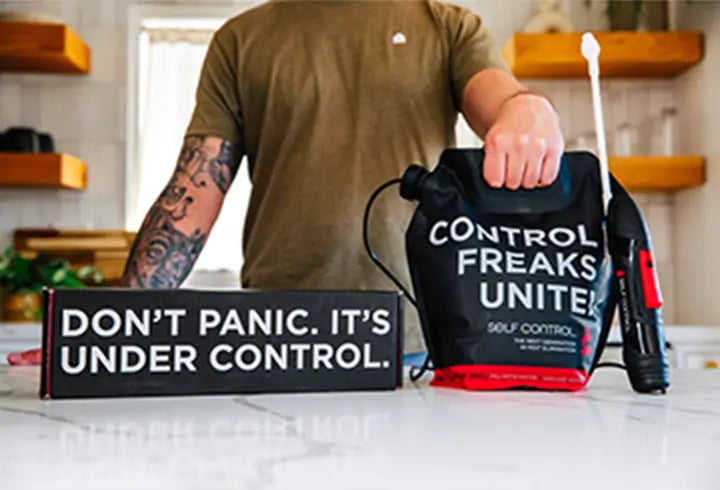
Pests are a nuisance that every homeowner will want to do anything so that they disappear within the shortest period. One way to eliminate these creatures is by using an insecticide. So, how long does it take the insecticide to work in order to eliminate pests from your home as quickly as possible?
How Long Does It Take To Work?
It takes one to two days for an insecticide to work when applied in an infested area. After this period, you will be able to notice a significant reduction in pests from your house or business premises. For instance, if, before insecticide application, you could see three to four roaches crawling in the house during the day, you will only see one or none after application.

However, the exact timeframe will sometimes depend on the choice of material ideal for applying the insecticide, the size of the room, and the pest you want to eliminate. The larger the room, the more time it will take for an insecticide to work. The type and severity of the pest will also affect the time. A severe infestation means that the insecticide will take longer.
Living in a pest-free house is the best feeling ever. That’s why you need a product from a reputable company that helps eliminate pests within an ideal timeframe. Self Control Pest is your number one partner in pest control. Our commercial grade product eliminates pests quickly and leaves behind a protective layer to continue protecting your home for up to three months after the initial application.
How Do Insecticides Work?
Using an insecticide is the most effective way of eliminating pests, such as mosquitoes, roaches, termites, and fleas. These insecticides are divided into two classes, depending on how they affect the targeted pest. The classes are contact and systemic insecticides.
The contact class kills when they come into direct contact with the insect. Therefore, when working with such an insecticide, you must ensure the spray reaches the targeted insect so as to achieve the best result. Before using this insecticide, inspect the house to know where these pesky creatures hide. Roaches like hiding under the kitchen cabinet and other moist places. Spray these areas thoroughly to eliminate them.
On the other hand, systemic insecticide affects the insect's nervous system. In this case, the insect must eat and ingest or absorb the product through the body. When the insecticide gets into the body, it paralyzes the nervous system by preventing the transmission of signals and messages. Others work by locking the muscles, making them contract, hindering their movement. This later leads to their death.
How Long Does a Pesticide Last After Initial Application?
As a homeowner, you want to apply a pesticide that will offer a long-term solution. You don’t want to dwell on one activity over time, which could waste time, money, and other resources. Therefore, getting an insecticide with a long residual life is essential to continue killing the insect after the initial application.
As a general rule of thumb, most insecticides have a residual life of 60 to 90 days, which can be considered an important maintenance task. The product will continue killing pests during this period without adding or applying any other insecticide. However, the residual life will depend on various factors such as:
- The application rate: For an insecticide to continue killing pests, you must apply the recommended amount depending on the severity of the pests. A lower application will definitely lower the residual life, while an ideal rate will provide longer life.
- The amount of sunlight: If you are dealing with outdoor pests, you are sure that sunlight will play a vital role in residual effectiveness. Radiation from the sun tends to break down chemical bonds in insecticides, reducing their effectiveness.
- The amount of rainfall: Heavy rainfall can be a challenge to homeowners, especially when dealing with outside pests. It causes the residual to be washed away into the streams, lakes, and ponds, leaving none. This breaks the barrier that was created by the residual, making it easy for the pests to return.
- The type of pest: Some pests are tough to deal with since they become resistant to the residual. In this case, you need to apply the pesticide frequently( say after every month) to keep these insects at bay.
- The severity of the pest: A severe infestation requires regular treatment until the number reduces. After the significant reduction, you can rely on the residual effect to continue protecting your house.
What Are the Effects of Pests?
Pests can have short and long-term effects on you, your family, and your properties. So it is essential to stay alert to have a peaceful life. Here are some of the effects:
- They spread harmful diseases. For instance, mosquitoes are known to spread malaria, zika virus and chikungunya. It is essential to spray your room with a mosquito killer before sleeping.
- They destroy properties. Pests such as termites can weaken your wooden structure by chewing through them. This can lead to costly repairs.
- They damage plants and crops. A swarm of locusts can damage your crops quickly, leading to huge losses. Ensure you apply pest repellent to your crops to keep these pests away.
- Pests can cause allergies and asthma. Pests like roaches, fleas and mosquitoes can also cause an allergic reaction when they bite. Cockroaches also contain proteins that trigger asthma. Avoid these pests as much as possible.
Frequently Asked Questions
How Long Should You Wait After Spraying Insecticide?
You should wait for 2-4 hours before entering the house. However, this will depend on the type of pesticide used and the recommendation given on the instruction sheet(if you are doing the pest control yourself). Also, ensure the room is well-ventilated before entering.
What Happens if You Spray Too Much Insecticide?
Excessive application can lead to headaches, dizziness, vomiting, and nausea. Remember that excessive spraying does not mean the pesticide will quickly work on the pests. You only need an ideal amount to eliminate pests in your home.
What Should You Do After Spraying Insecticide?
After spraying your house, ensure you check if your food is not contaminated, clean the kitchen wear, wash your clothes, monitor your pets, and discard any wet paper or trash. Also, ensure the house is well-ventilated. This way, you ensure no one inhales the spray.
Conclusion
Applying an insecticide with a long residual effect is ideal as it helps you avoid the unnecessary monthly costs of carrying the process. It also reduces the dangerous risks associated with pesticides. However, ensure you apply an effective insecticide at the recommended rate to achieve the desired result.



Comments (0)
Back to Critter Chronicles